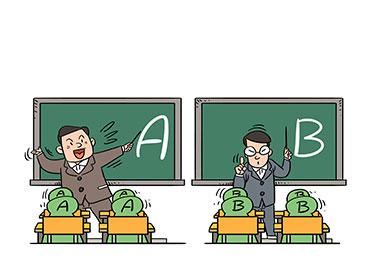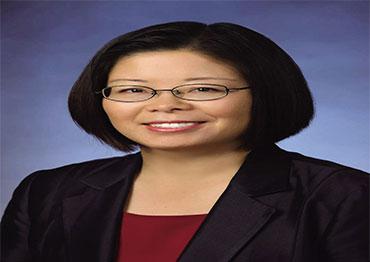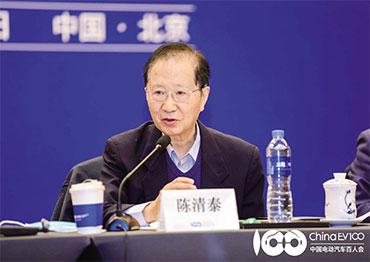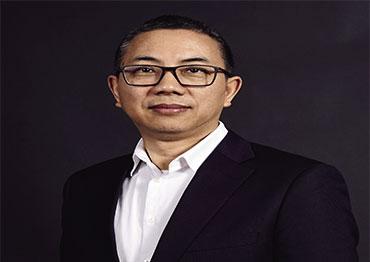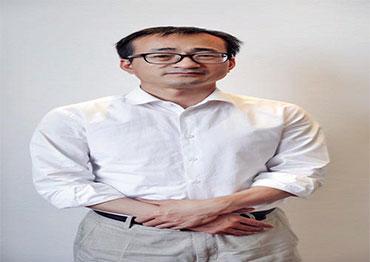“I believe that universities, especially prestigious ones, should not overemphasize tailoring professionals for society, since industries change every day and we cannot set up courses at once, or universities and their students won’t know what to do.”
Zheng Qiang, Party secretary at the Taiyuan University of Technology, in a recent interview with NewsChina’s Chinese edition
“Income expectations for the next year are lower than 2021 and 2020. The same goes for financial security, while savings rates remain high with a reluctance to take out additional loans. We believe all these factors, plus the uncertainties from the pandemic, will further curb China’s consumption recovery.”
Wang Tao, council member of the China Chief Economist Forum, on a consumption survey conducted by UBS Evidence Lab in June, cited by financial portal Caixin
“Electrification is just version 1.0 of the auto transformation. The auto industry’s potential to benefit society depends on systemic innovations in the internet, autonomy and vehicle sharing that will enable electric cars to integrate with the revolutions in energy, transportation and smart cities.”
Chen Qingtai, director of China Electronic Vehicle 100, at a seminar on innovations in carbon neutralization held in Beijing in late July
“After the pandemic eases, economic activities must restart, but it’s not a simple reboot or reset, since the longer-thanexpected pandemic has already influenced the economic structure, which means we have to consider long-term structural change following the pandemic.”
Peng Wensheng, chief economist at the China International Capital Corporation (CICC), at a macro-economic conference held by the Renmin University of China in Beijing from July 16 to 17
“The world needs China’s supply chain to help ease rising prices, so China has to seize the chance to clarify what products are urgently needed or are rapidly rising in price on the international market to ensure smooth production and supply chains.”
Liu Yuanchun, president of the Shanghai University of Finance and Economics, giving suggestions on China’s economic development for late 2022 in a recent interview with news portal guancha.cn
“Global economic growth is facing many challenges and central banks’ tight monetary policies [in some major economies] have further increased pressures of the economic slowdown. Worldwide stagflation, which is more severe than expected, is now approaching. There’s a tremendous possibility that stagflation will cause a global great recession and social unrest, driving the world to transform and even disintegrate.”
Wang Yongli, former deputy president of Bank of China, in a recent interview with the Economic Observer
“China has to compete with the US for more say on the international stage about who truly has the best of intentions to improve Sino-US relations. We have to tell the world that China is the one who is truly responsible and make those in the US with lofty ideals realize that China truly wants to improve Sino-US relations.”
Wang Wen, executive director of the Research Center for Sino-US Cultural and Educational Exchanges, Renmin University of China in Beijing, in a recent interview with Shenzhen TV
“Smart UK businesses know too well that decoupling with China will be disastrous to their global competitiveness: This won’t work!”
Zheng Zeguang, Chinese Ambassador to the UK, commenting on British media outlets which reported that a portion of British enterprises are reconsidering their reliance on China’s supply chain because of concerns over Sino-UK relations.
“I never agreed with the idea that China’s economic growth has gone from investment-driven to consumption-driven. The Chinese economy’s next challenge should be how to increase its total factor productivity, which I believe is the core of highquality growth.”
Liu Qiao, director of the Guanghua School of Management at Peking University, talking about investment’s influence on China’s economic growth, in a recent interview with NewsChina’s Chinese edition. Total factor productivity is a measure of efficiency based on how much output can be produced from a set of inputs
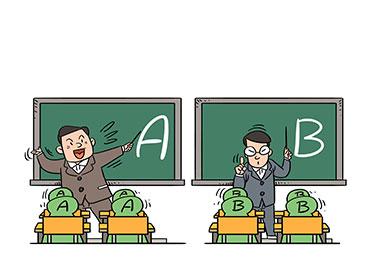
 Old Version
Old Version
